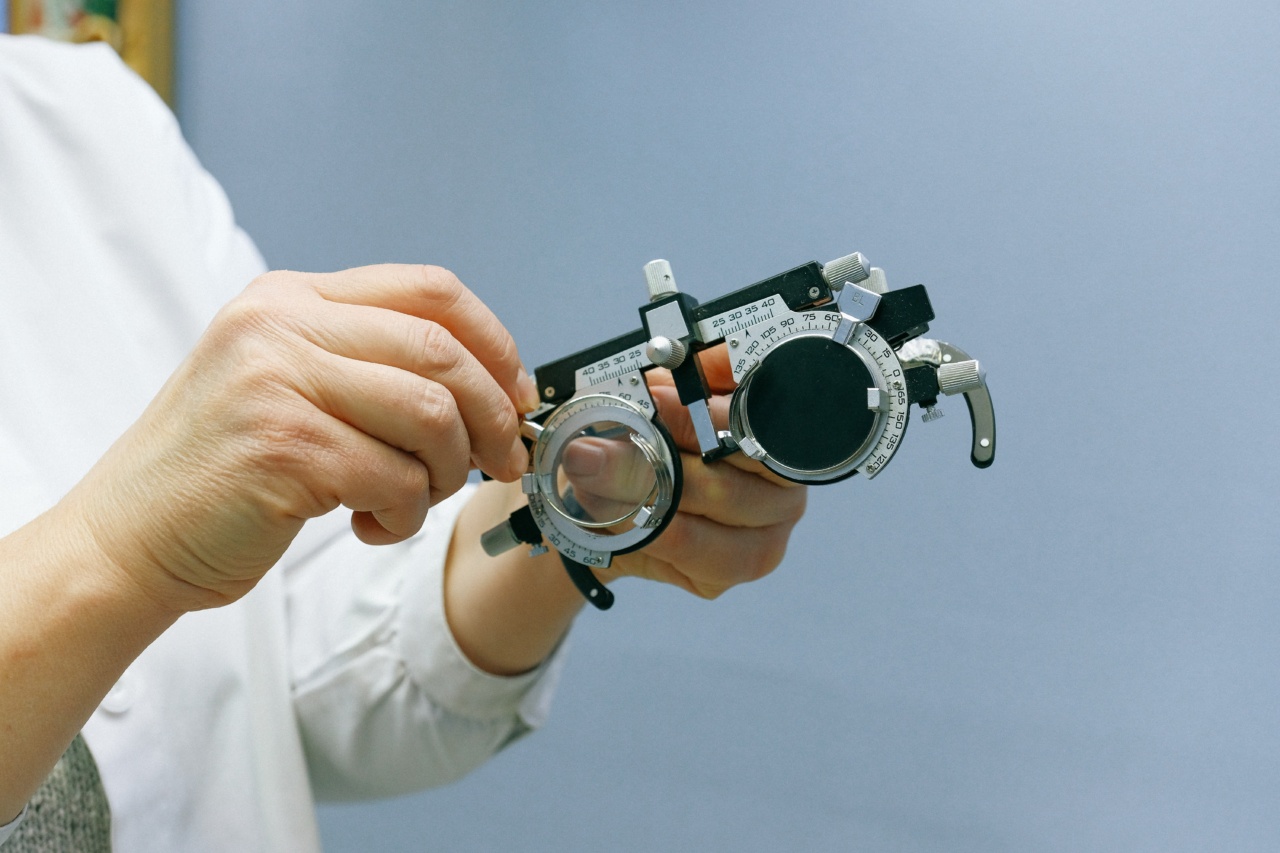Parenting is no easy task. We all want to ensure the safety and well-being of our children. However, there is a fine line between being protective and being overprotective.
Being an overprotective parent can have both positive and negative effects on your child’s development. It’s important to strike a balance and find the right level of protection for your child. Take this test to evaluate how overprotective you are as a parent.
Instructions
Read each statement and choose the response that best matches your parenting style. Be honest with yourself and select the option that most accurately represents your behavior or reaction in each scenario.
Test Questions
Question 1:
When your child falls down while playing, how do you normally react?.
a) Rush to aid them immediately
b) Assess the situation and determine if intervention is needed
c) Let them handle it on their own and observe from a distance.
Question 2:
How many after-school activities or clubs does your child participate in?.
a) More than three
b) Two to three
c) One.
Question 3:
Your child wants to sleep over at a friend’s house. How do you typically respond?.
a) Immediately say yes and plan the sleepover
b) Assess the situation and ask for more details
c) Decline the request.
Question 4:
Do you let your child go to the park or playground alone?.
a) Never
b) Only if there are other children or adults present
c) Yes, I trust their judgment and independence.
Question 5:
How often do you check your child’s phone or monitor their internet activity?.
a) Frequently, I want to ensure their safety online
b) Occasionally, to ensure responsible usage
c) Rarely or never, I respect their privacy.
Question 6:
Would you let your child take public transportation alone?.
a) Absolutely not
b) Only if they have a mobile phone and clear instructions
c) Yes, I encourage independence and responsibility.
Question 7:
How much freedom do you give your child to make their own decisions?.
a) Very little, I make most decisions for them
b) Some, but only within certain boundaries
c) Quite a lot, I believe in fostering independence.
Question 8:
How do you react when your child faces a setback or failure?.
a) Fix it for them immediately
b) Offer guidance and support
c) Let them navigate through it and learn from the experience.
Question 9:
How often do you accompany your child to school or other activities?.
a) Every single time
b) Occasionally, when I have time
c) Rarely or never, they can handle it on their own.
Question 10:
Do you hover over your child while they are doing homework or studying?.
a) All the time, I want to ensure they do it correctly
b) Sometimes, to provide assistance if needed
c) No, I trust their ability to complete tasks independently.
Result:
Add up the number of responses you selected for each option:.
a) _____ (Number of a selected answers)
b) _____ (Number of b selected answers)
c) _____ (Number of c selected answers).
The option you selected the most indicates your level of protectiveness as a parent:.
Highly Overprotective:
If you selected mainly option a), you tend to be highly overprotective as a parent. While your intentions are good, it is important to allow your child more independence and freedom to explore and learn from their own experiences.
Consider loosening the reins just a bit to promote their growth and development.
Moderately Overprotective:
If you selected mainly option b), you are moderately overprotective as a parent. You strike a somewhat balanced approach by being cautious while still allowing your child to take on age-appropriate challenges.
Continue to offer guidance and support, but also encourage their independence and decision-making skills.
Less Overprotective:
If you selected mainly option c), you are less overprotective as a parent. You trust your child’s ability to handle certain situations and provide them with opportunities to make decisions and learn from their mistakes.
It is important, however, to ensure that you are still involved in their lives and available for support when needed.
Conclusion
Parenting is a delicate balance between protecting and preparing children for the real world. It’s essential to find the right level of protectiveness that allows them to develop independence, resilience, and problem-solving skills.
Remember, as they grow older, it becomes crucial to gradually loosen the reins and trust in their ability to navigate the world. Being aware of your level of protectiveness can help you make conscious decisions that support your child’s growth and development.


























